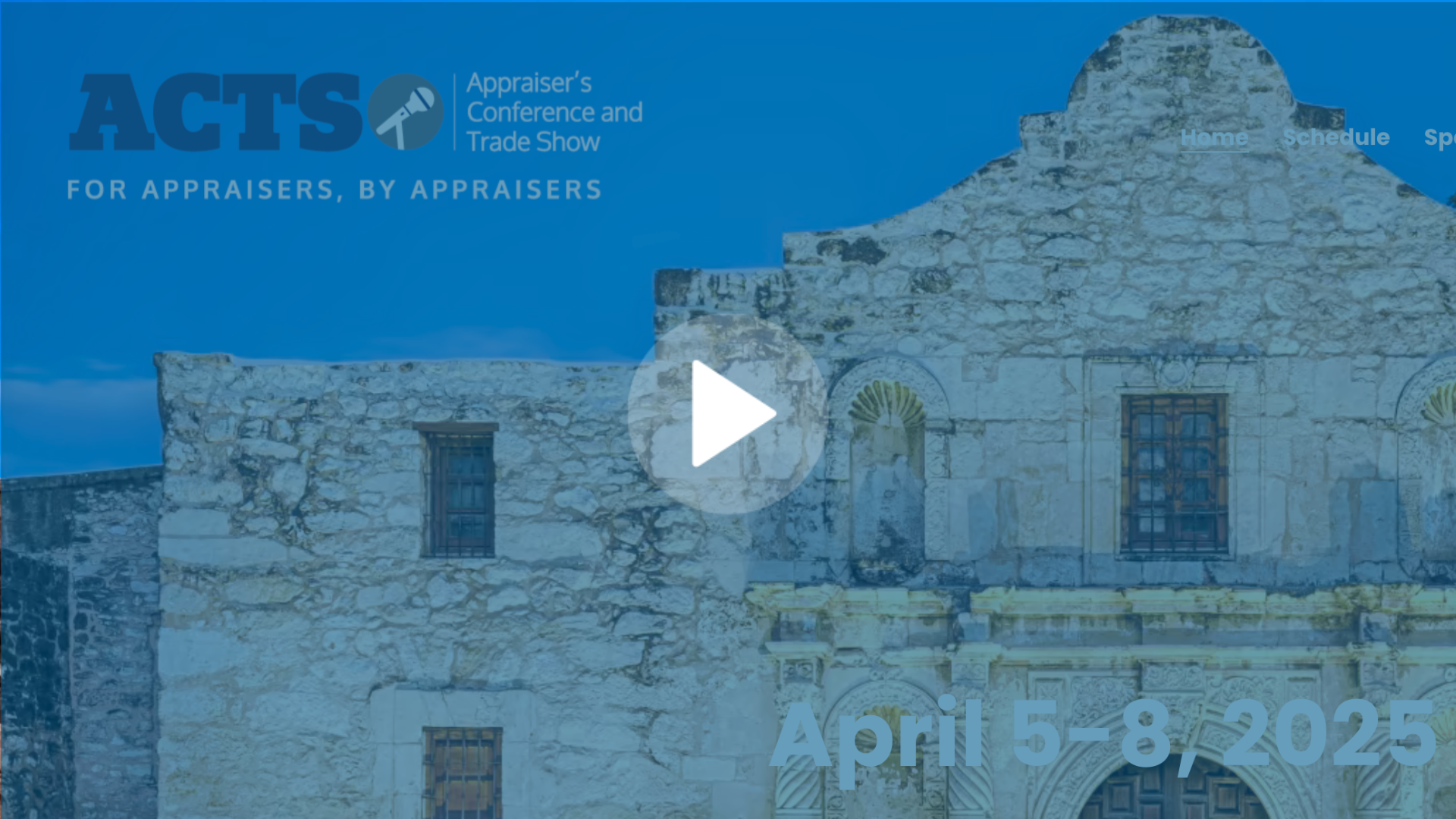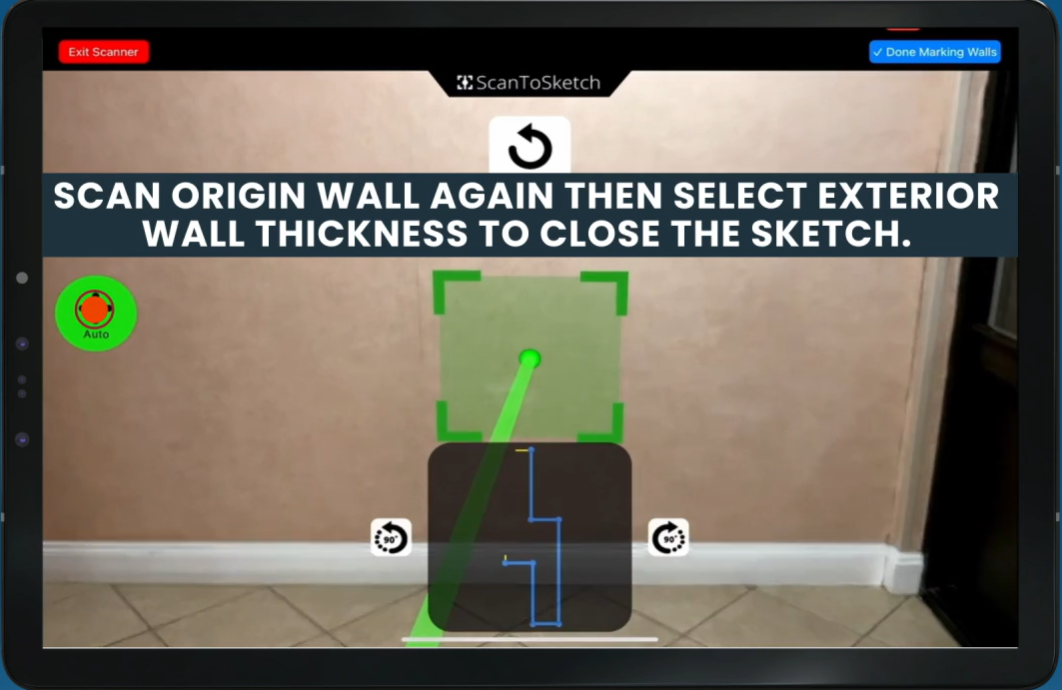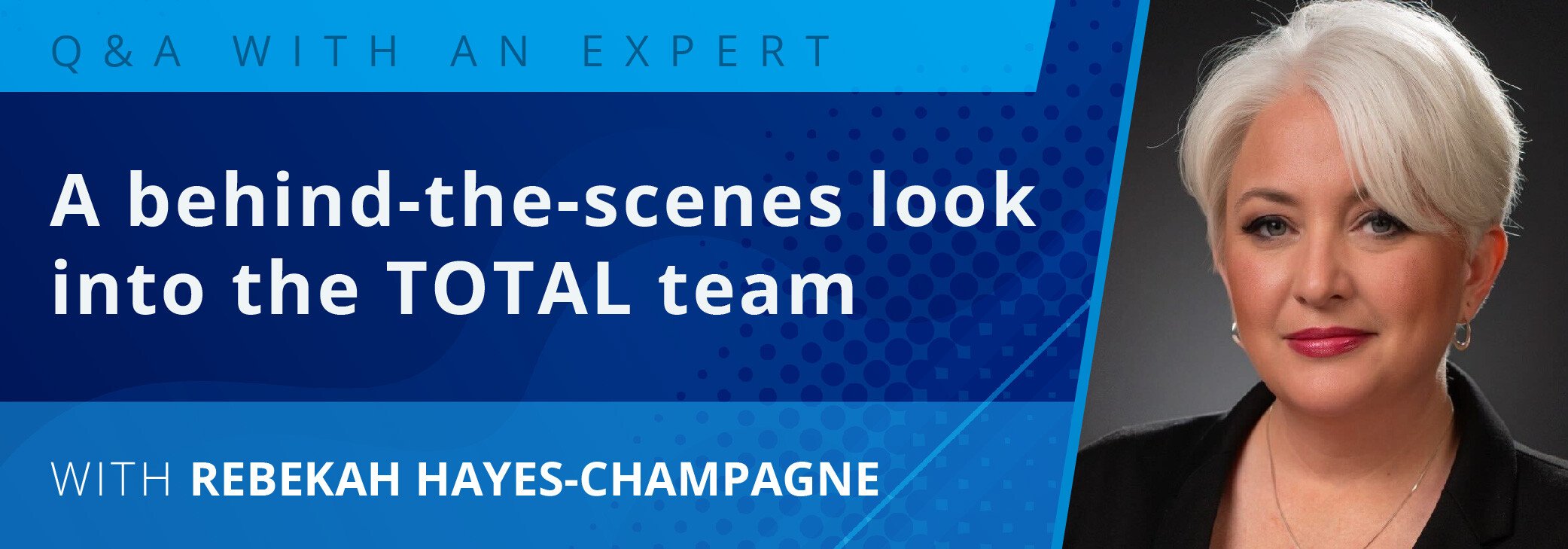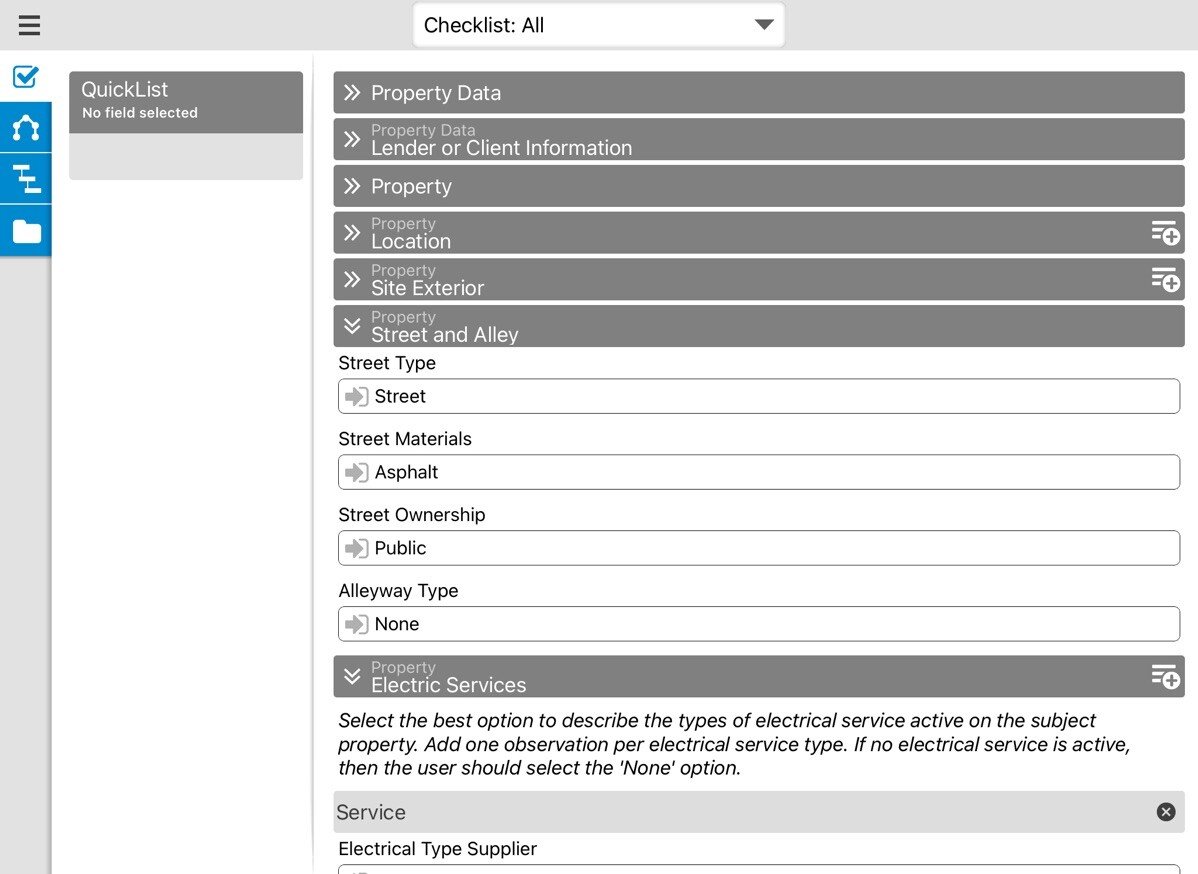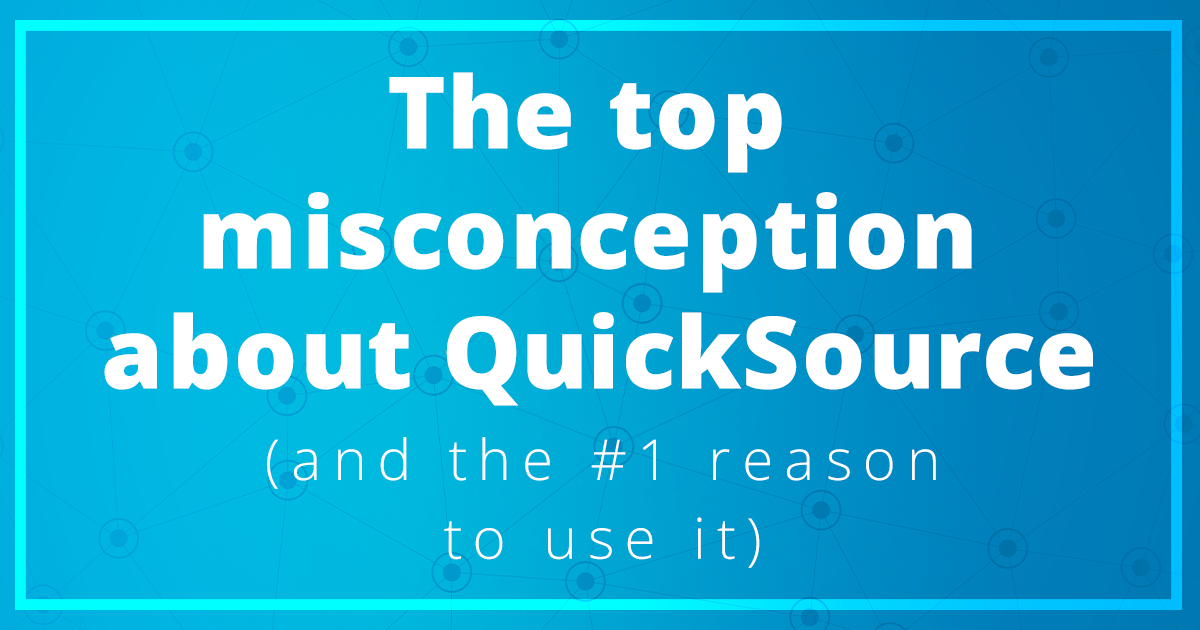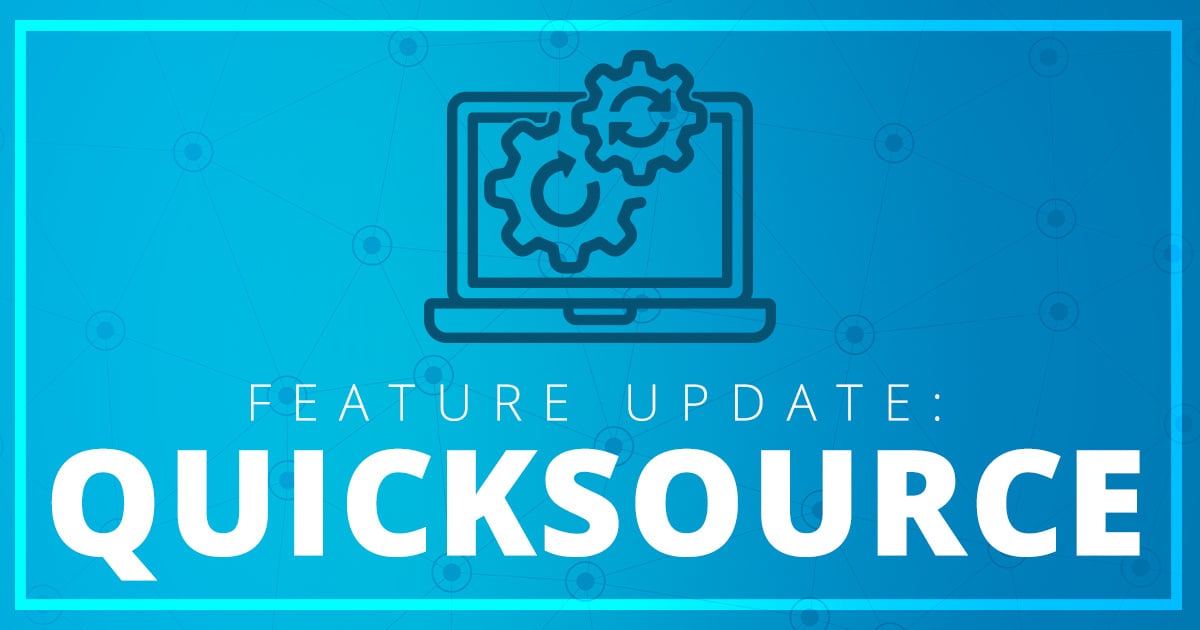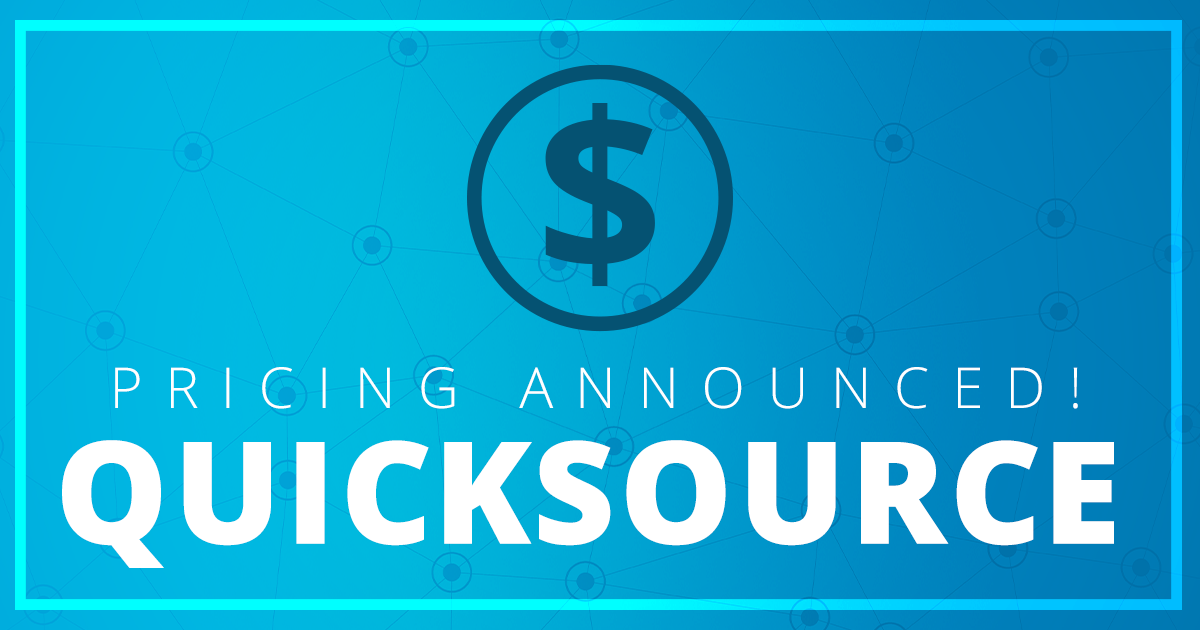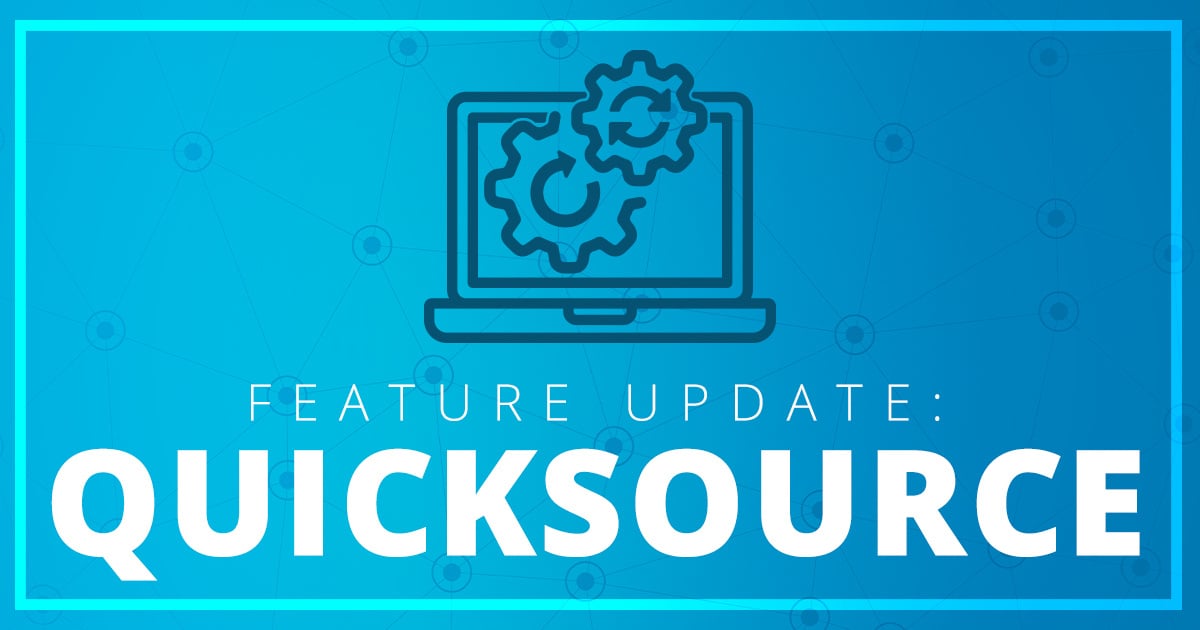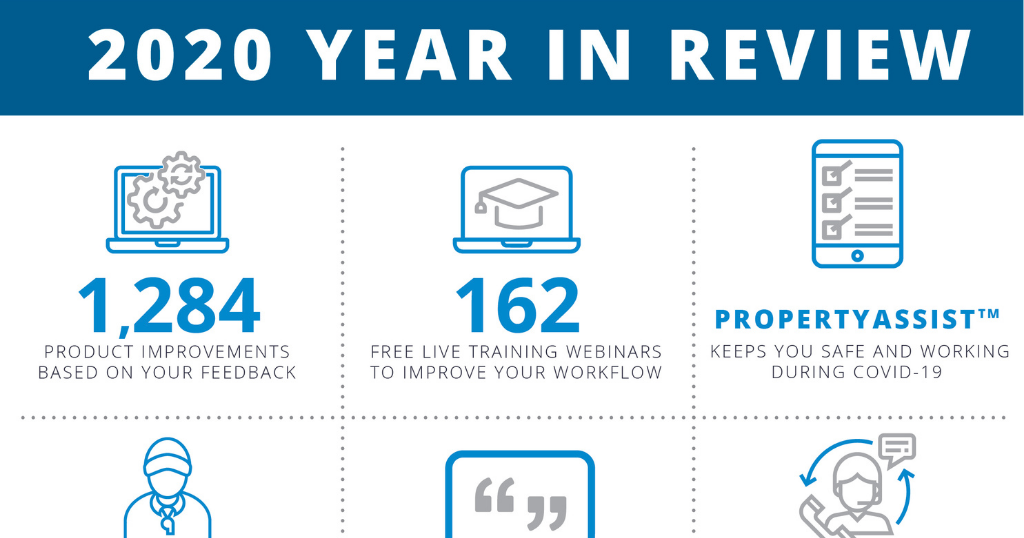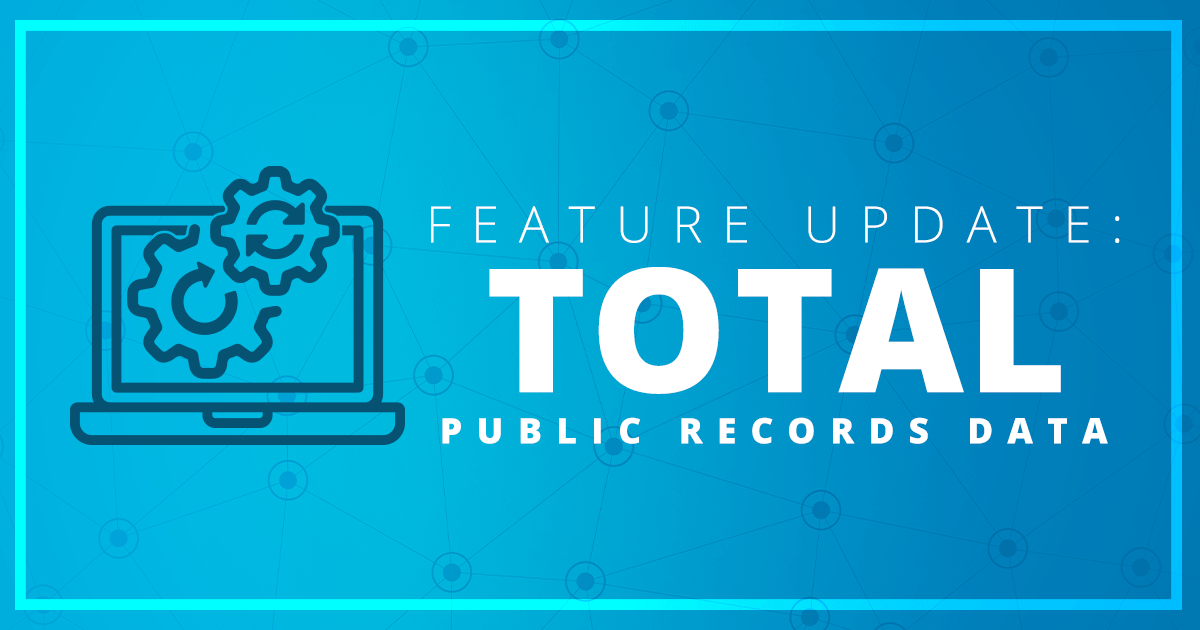American households cashed out $333 billion worth of equity from homes between 2001 and 2003, the beginning of the refinancing boom – levels three times higher than any period since Freddie Mac started tracking the data in 1993, a new report highlighted.
A House of Cards: Refinancing The American Dream is a new report released last week by Demos, a nonpartisan public policy organization based in New York. The problem is not that so many Americans took advantage of historically low rates and relaxed credit qualifications, the group said: Rather, a majority of households that refinanced between 2001 and 2003 used cash equity from their homes to cover living expenses and pay down credit card debt, further eroding their home's cash value, which many families rely on for economic security.
A striking finding from the report: Between 1973 and 2004, homeowner's equity actually fell – from 68.3 percent to 55 percent. In other words, Americans own less of their homes today than they did in the 1970s and early 1980s.
The report highlights the dangers of Adjustable Rate Mortgages (like we did, here). As the Federal Reserve continues to raise interest rates, a mortgaged family with an adjustable rate mortgage will experience a significant increase in their monthly mortgage payments, the group said. The combination of higher mortgage payments coupled with rising costs of basic living expenses represents a growing financial threat.
Of most immediate interest to appraisers, the report fingered "appraisal fraud" as one of the main culprits of the crisis it predicts. Happily, it hits on the culprit: pressure from clients. "One of the most alarming findings in the report is the role that mortgage fraud, in particular appraisal fraud, plays in the refinancing process," the group said in its press release. "There are growing numbers of third party brokers pressuring appraisers to inflate home values in order to 'close the deal' and reap larger fees or bonuses. The consequence can be dire for homeowners who refinance and draw out more cash equity than their home is actually worth."
Its report, viewable here (12-page PDF), states "Who wins? Third party mortgage brokers, primarily, reap significant rewards in this process with increased commissions or closing fees. The banks providing the loans also benefit, although they may be left in the dark on illegalities. These mortgages are purchased from banks at the inflated appraisal price and bundled into risk pools by governmental, quasi-governmental, or private firms. Government agencies that participate in the securitization of mortgages include Ginnie Mae, Fannie Mae, and Freddie Mac. Because the loans are held for such a short period by mortgage issuers, due diligence is an often ignored concept."
The report also points out (as we did here and in the pages of the latest Mortgage Technology magazine) that the amount of debt American homeowners have taken on is staggering. "As home equity has fallen, household debt service burdens have risen to record levels. Between 2001 and 2003, the 'financial obligations ratio' – the amount of disposable income needed to pay down debt – averaged 18.44 percent. Since 1980, the first year data was collected, the single year record occurred in 2002 with a financial obligations ratio of 18.56 percent."
The report does not conclude based on this (but we do) that more debt-burdened homeowners (and consumers in general who will be homeowners in the next few years) means lower credit-quality borrowers, means more attention needed to be paid to the likelihood of default, and therefore the value of the collateral for the mortgage loan. Appraisers are poised to be the solution to this next crisis, if it comes, not scapegoated as the problem.



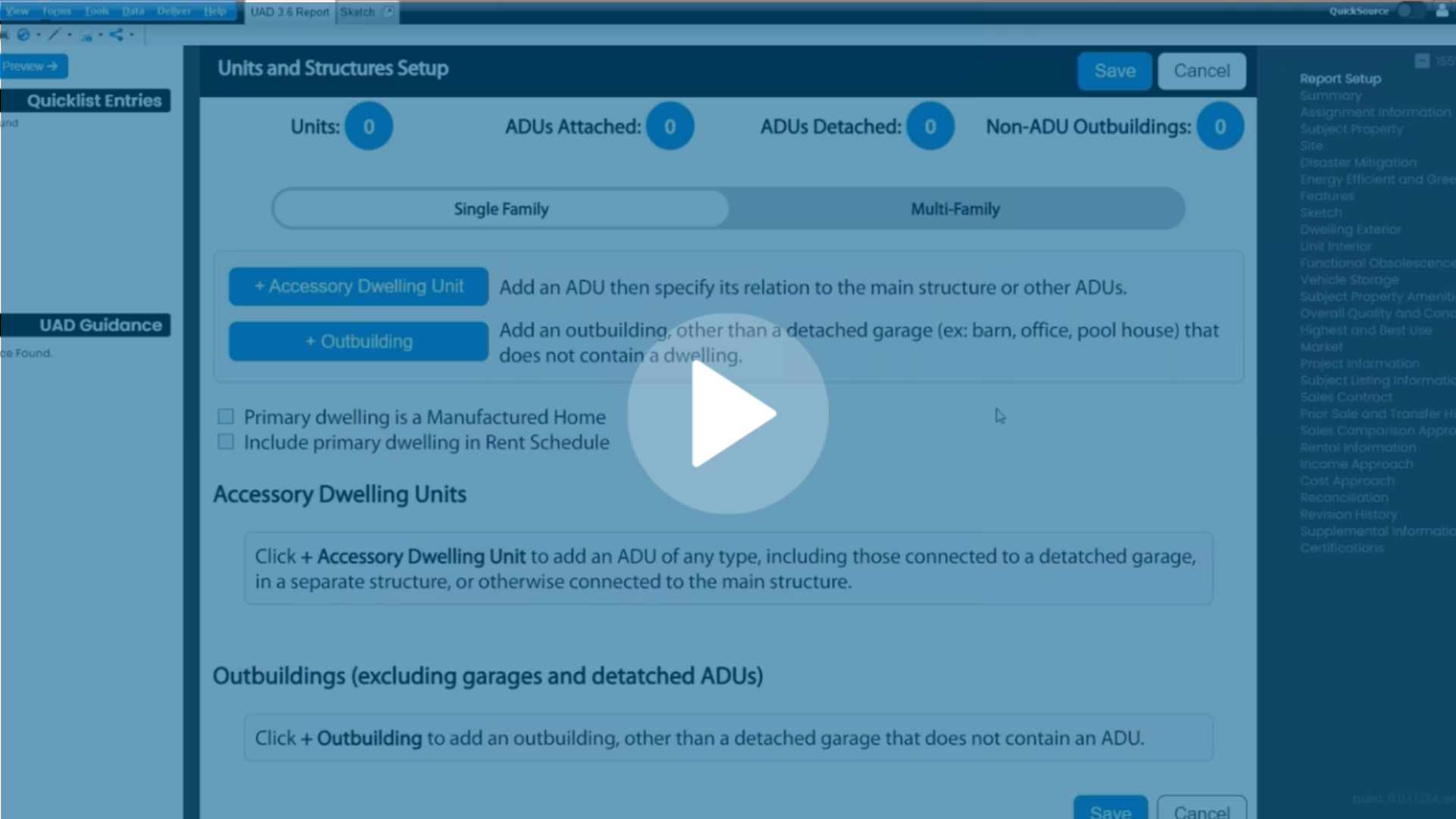
.png)

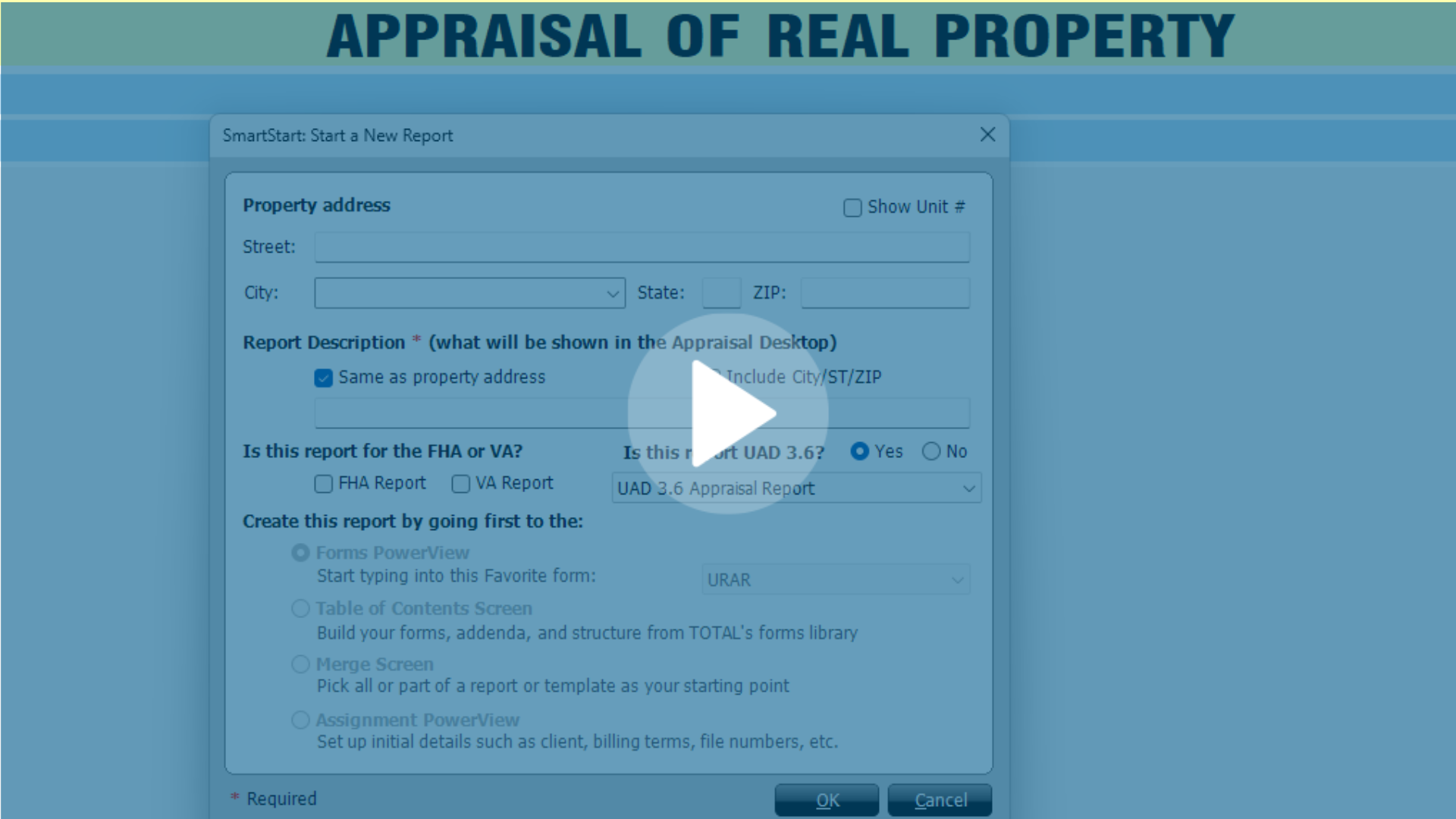
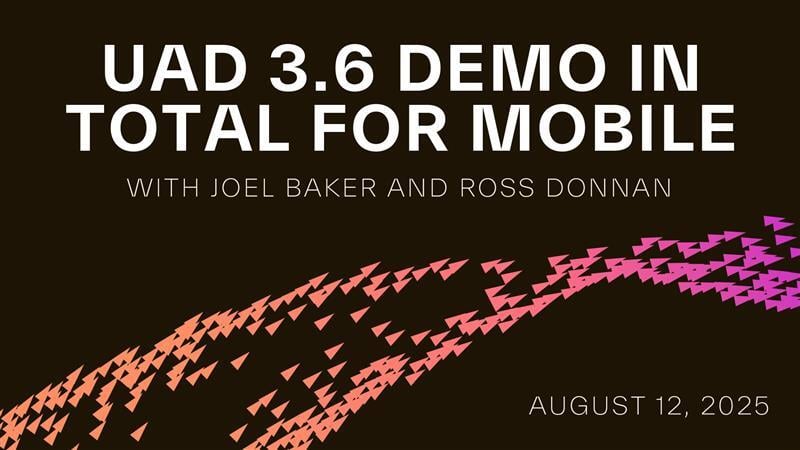

.png)
-1.png)
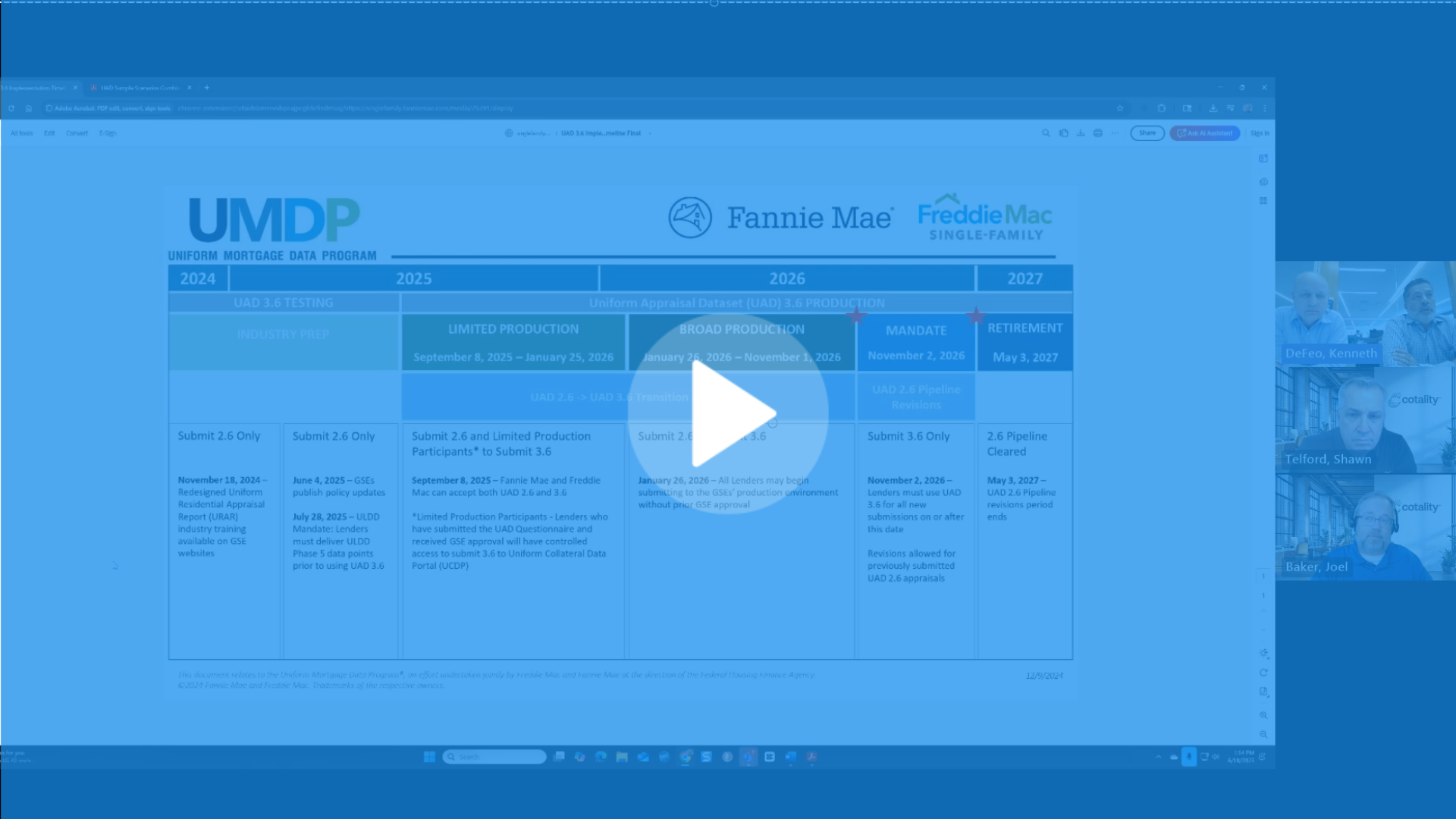
.png)
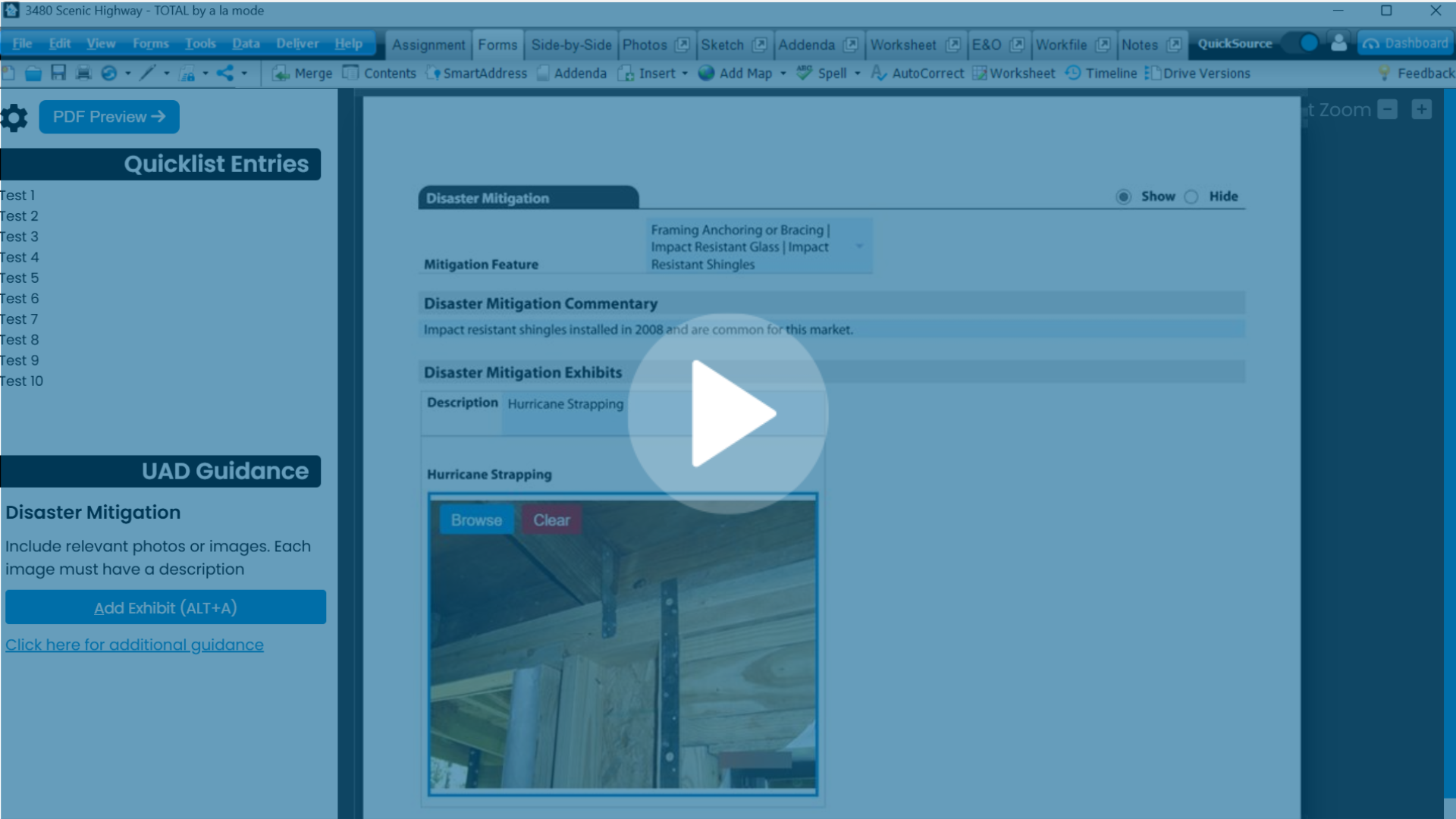
.png)
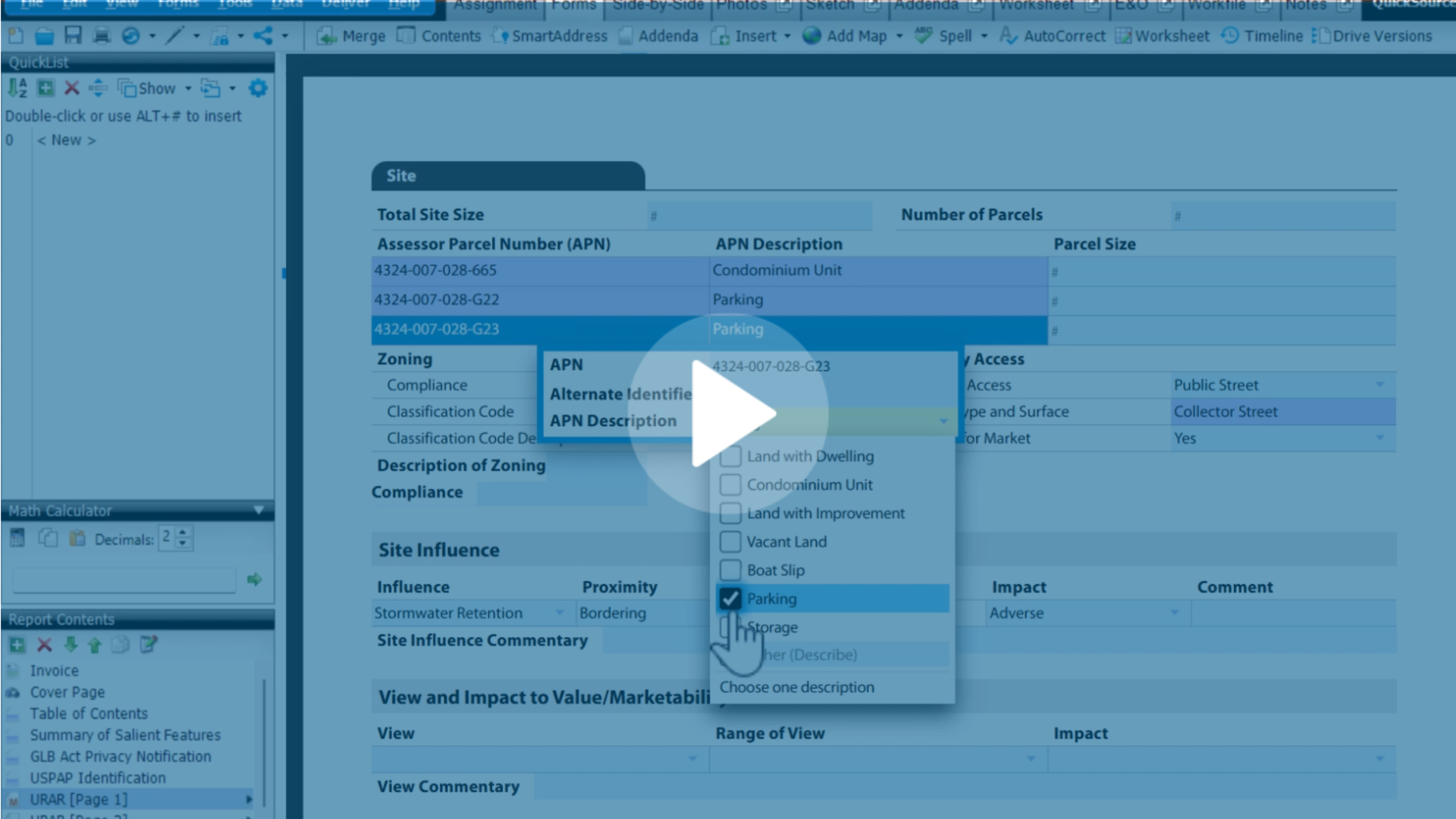
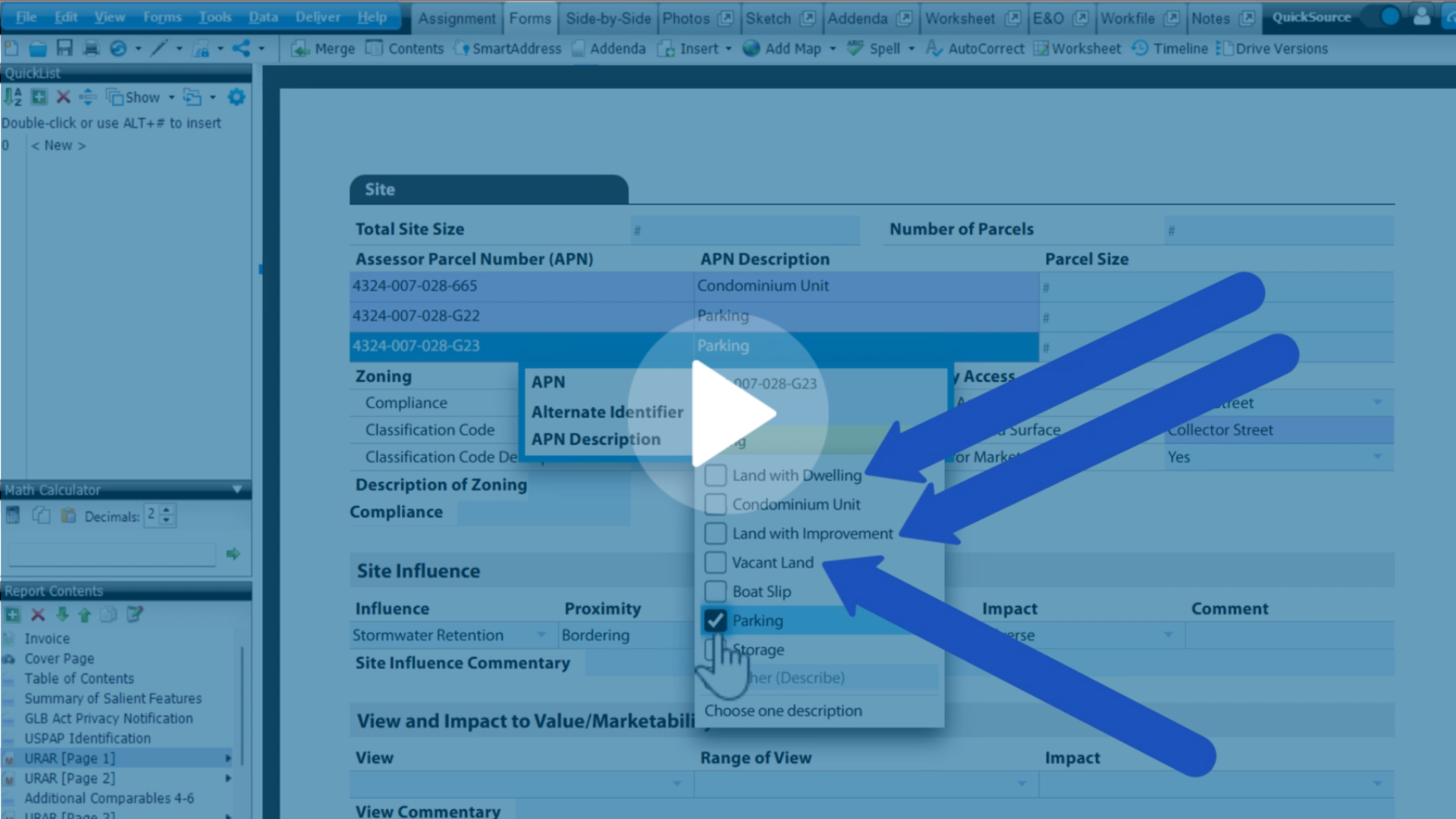
.png)
.png)
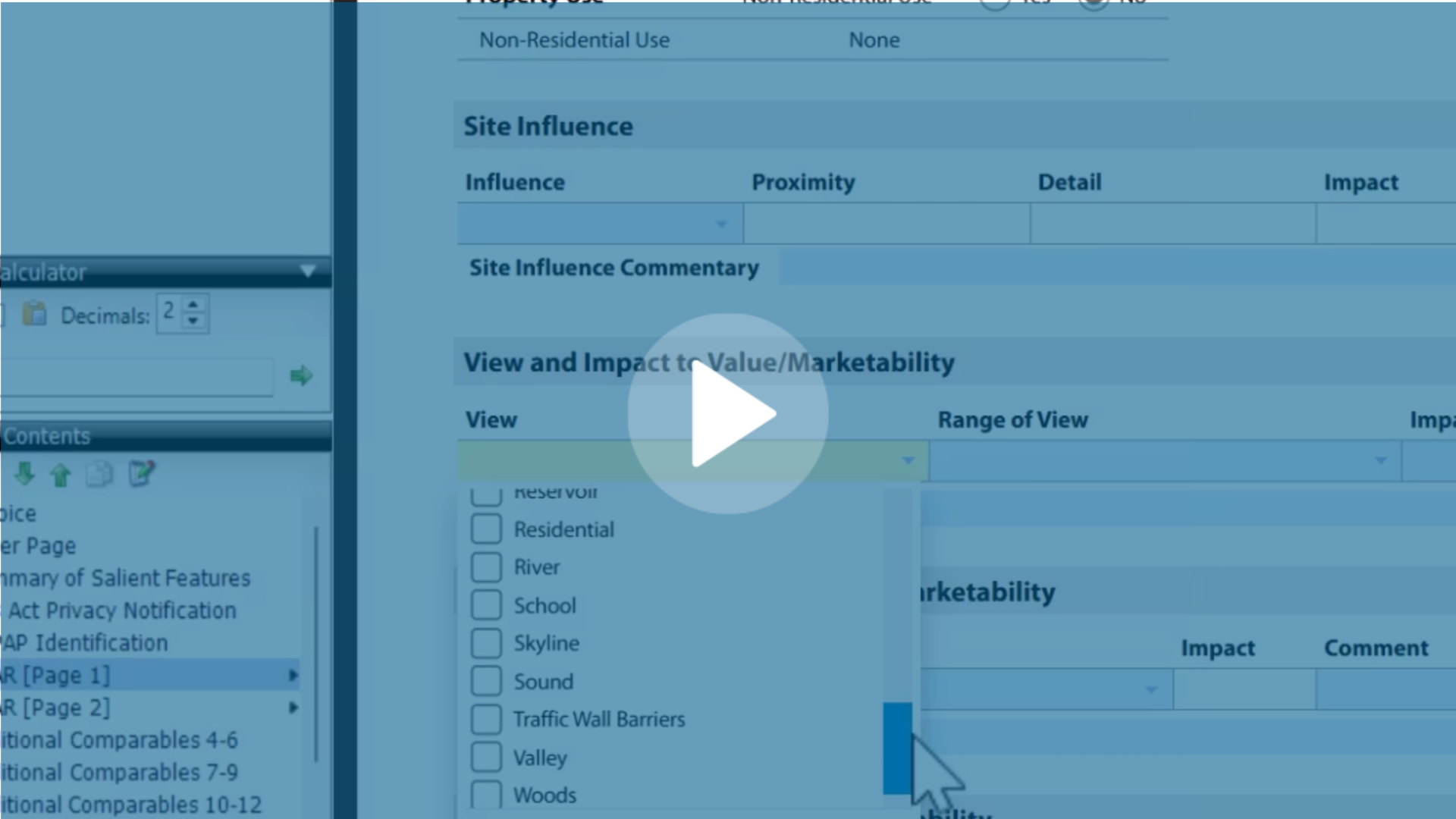
.jpg)
.png)
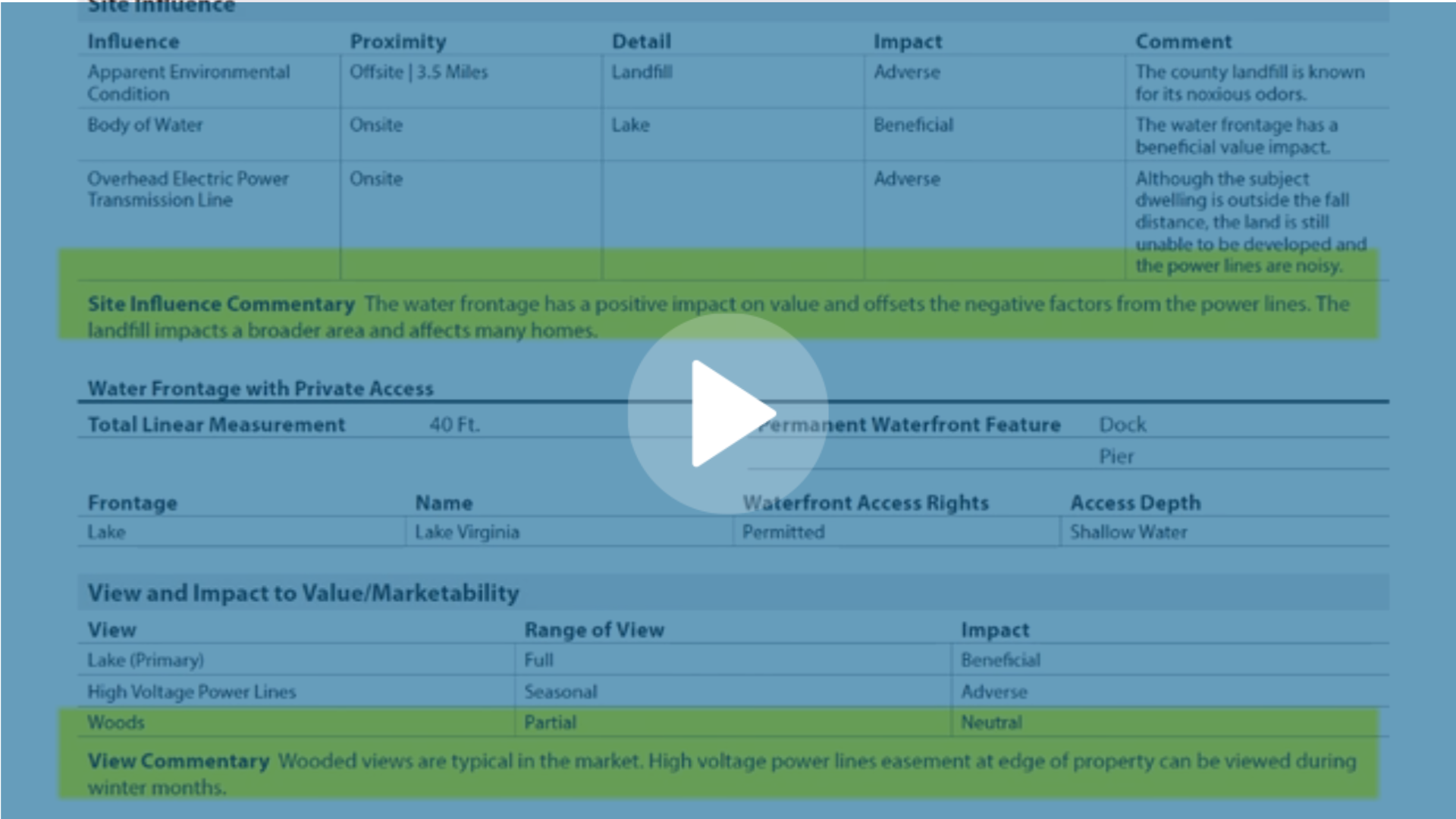
-1.png)
